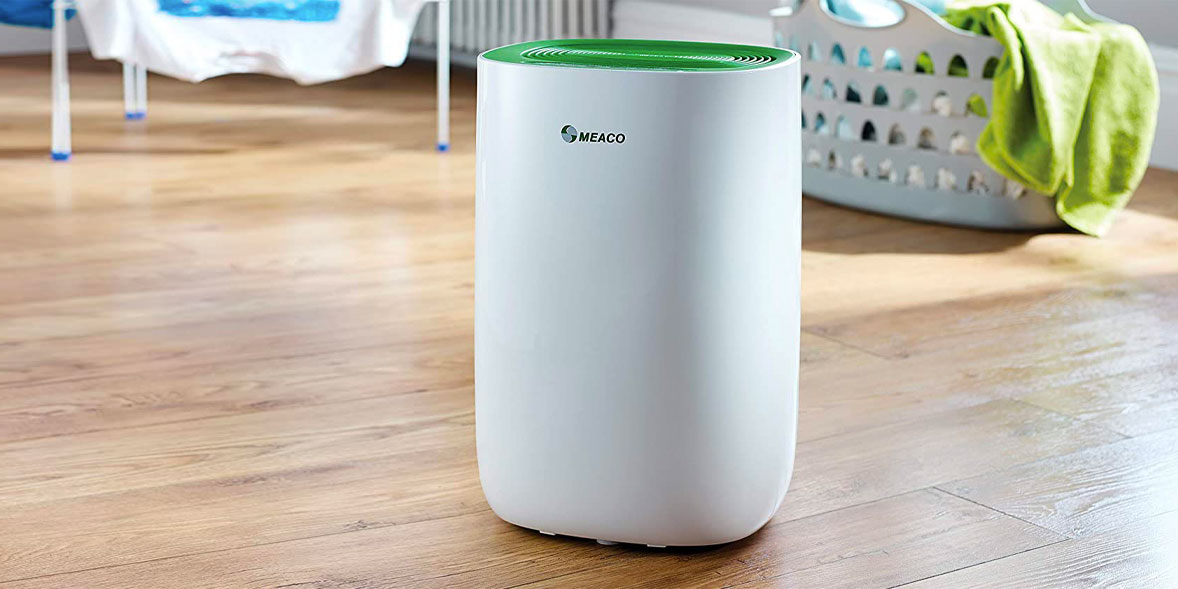A home’s humidity level should be in the 30% to 40% range – anything above or below can start to cause problems. When it comes down to it, too much humidity can cause a number of different issues inside your home. For one, mold and water damage can take its toll – not only on your home, but also your health.
Luckily, there are a number of ways to keep the moisture levels down inside your home, which will return your home to homeostasis and will prevent future issues. The key, though, is to get proactive – some of the ways to prevent humidity and moisture levels can be a costly investment. Here are five ways to prevent home humidity and moisture problems.
- Find out what is causing high humidity in the first place. When it comes down to it, there may be a number of reasons why you have high moisture levels in your home. For instance, you may not have enough ventilation in your shower or kitchen. One of the best ways to find out what is causing an excess of moisture is to look for signs of humidity, like condensation on the window or mold specks. Once you find the ‘what’ and ‘where’ – you can take measures to provide more ventilation.
- Install a dehumidifier. If you live in an area where there is an excess amount of humidity in the air during the summer, or if you live in a tropical region, you may want to invest in a humidifier that covers your entire home. A dehumidifier will drastically cut down the amount of moisture in your home. If you can’t seem to figure out why your home has chronic issues with moisture, you may simply want to install a dehumidifier to always keep the moisture levels down.
- Open windows. If you are looking for a simpler solution to reduce the moisture levels inside your home, you may want to open the windows and let fresh air into your home. When it comes down to it, having fresh air in your home can work wonders to circulate and ventilate the moisture. Plus, if it is warm outside, the hot outside air can make the inside air a lot dryer.
- Have your HVAC system inspected and possibly repaired. Another reason why you may be experiencing high levels of moisture and humidity inside your home is because your HVAC system – either air conditioner or heating system – has a problem. If you have an older HVAC system, you may want to simply replace it. Accordning to PortableACNerd.com, when you do replace your heating and air conditioning system, you want to pay attention to HVAC efficiency ratings and other features that will help control moisture levels inside your home.
- Re-insulate. Another great way to prevent moisture issues and problems is to provide more insulation to your walls – particularly your attic. When you have proper insulation, the air can flow more efficiently and humidity can spread out more evenly. Oftentimes, moisture and humidity levels are most problematic when concentrated.

